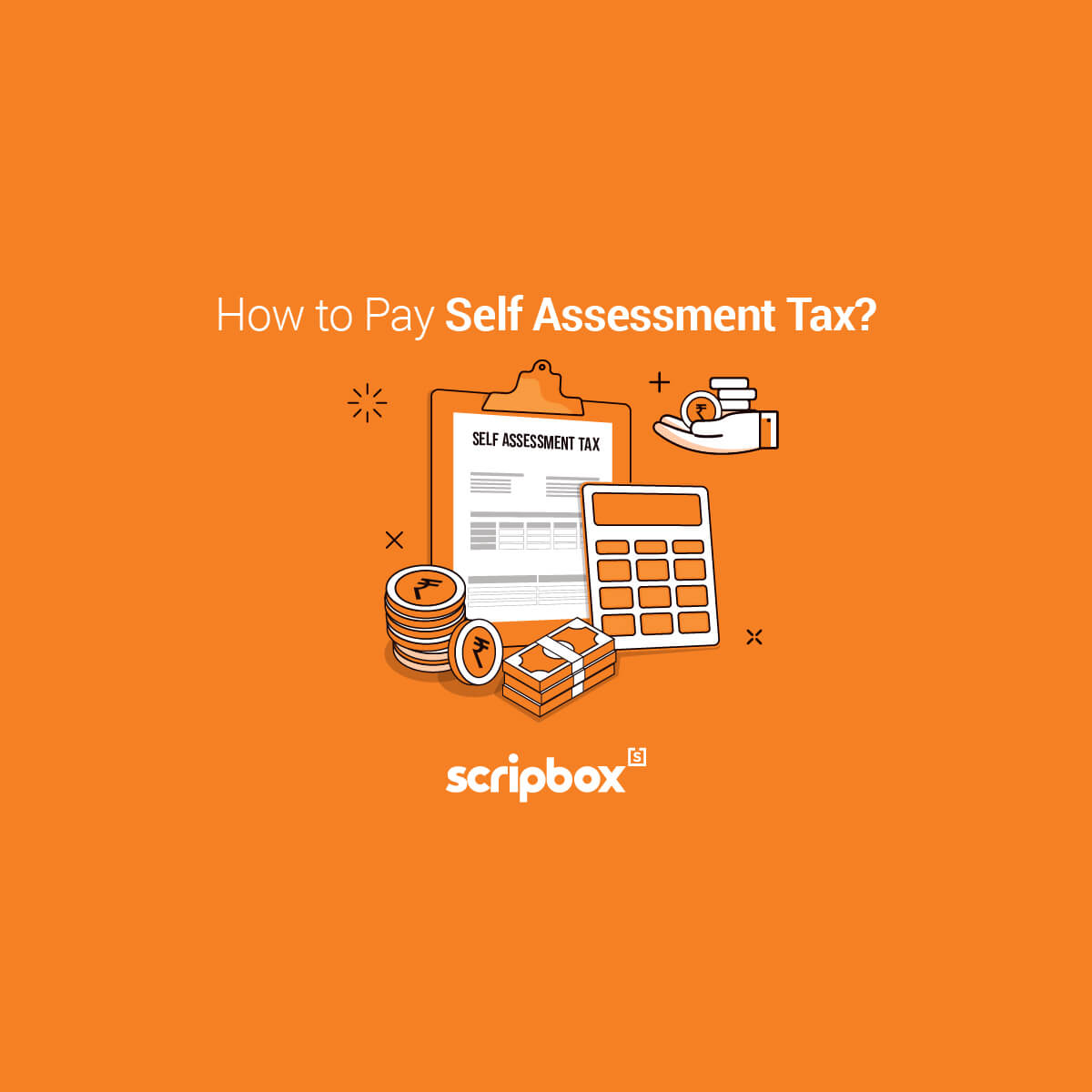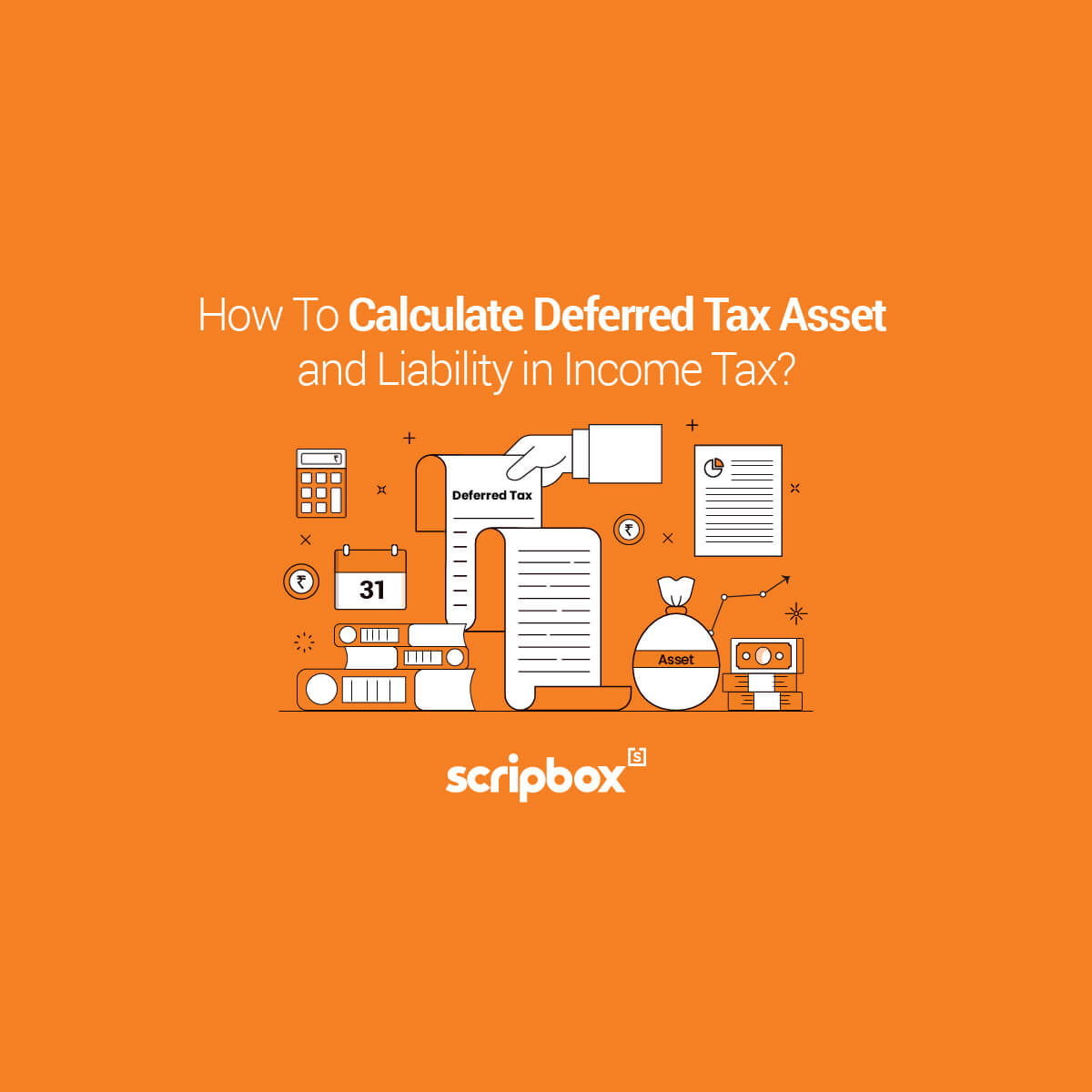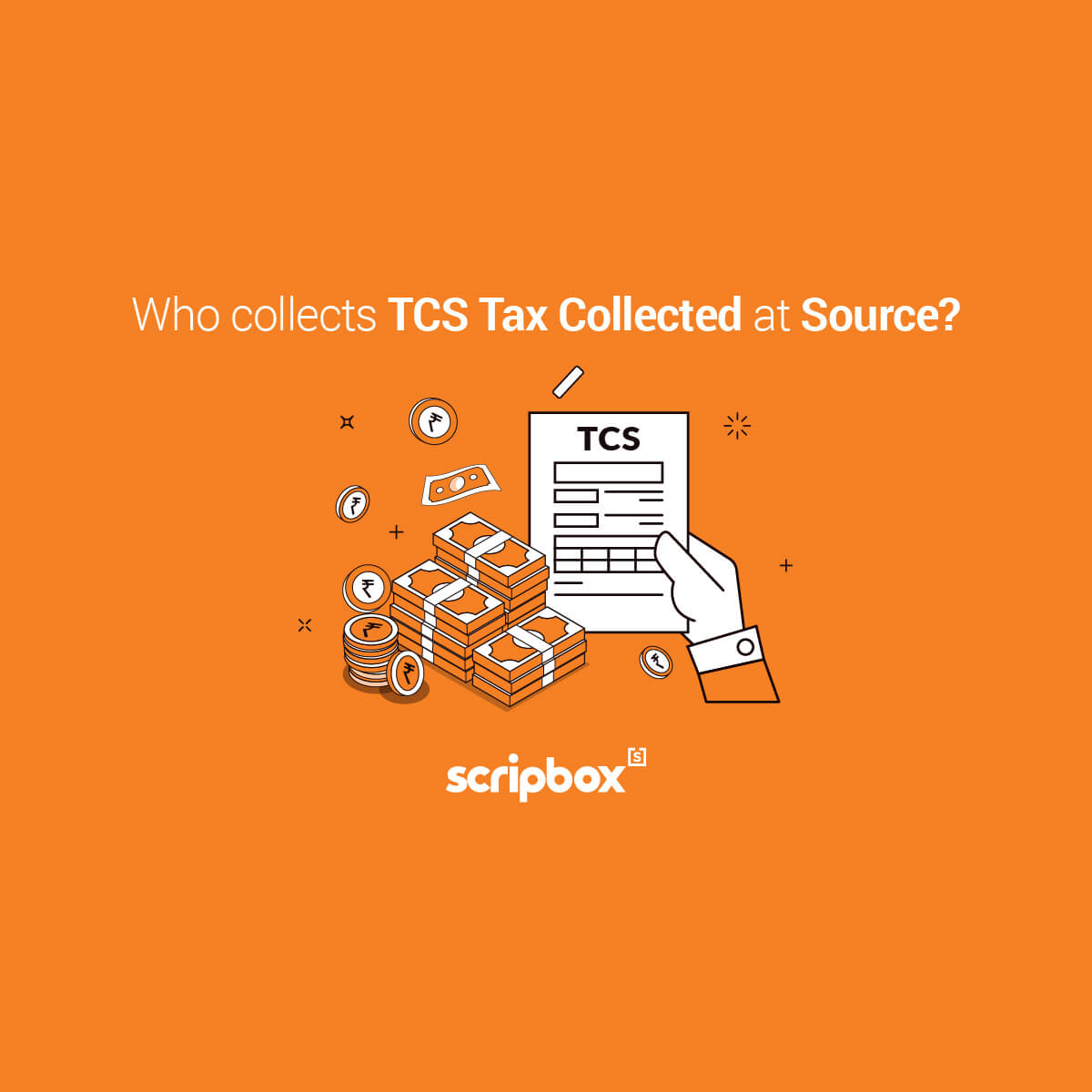An assessment year is different from a financial year. However, many taxpayers assume that an assessment year is the same as a financial year. In reality an assessment year and a financial year both are different from each other. Due to such a misconception many taxpayers make mistakes in filing their income tax returns, depositing TDS, paying their self assessment tax and advance tax. Such a mistake leads to unnecessary hassle, delays, interest and penalties. You must always know the basic terms related to income tax so that you can file your ITR correctly, pay taxes on time and avoid any hassle. In this article we have explained the concept of an assessment year, financial year, and difference between an AY and a FY.
What is a Financial Year (FY)?
A financial year (FY) is the period between 1st April to 31st March. The financial year is the year in which a taxpayer earns his income. This income is subject to tax in the very next year known as the assessment year. The term financial year is abbreviated as “F.Y.”.
Hence, a financial year is the period during which a salaried person earns his/ her salary, a businessman/ professional incurs expenses and profits, capital gain or loss arises on sale of a capital asset, a taxpayer earns other income and rental income on a house property.
What is an Assessment Year (AY)?
An assessment year starts just after the financial year. In an AY the income of a taxpayer is assessed and tax liability arises. The income that you have earned during the financial year under the different heads of income is put to tax and assessment during the AY.
Both the assessment year and the financial year start from 1st April and end on 31st March.
Example – For the Financial Year (FY) 1st April 2021- 31st March 2022, the AY is 1st April 2022- 31st March 2023.
Now, why is quoting a correct AY so important. This is because when you quote an incorrect AY you actually quote an incorrect financial year. An incorrect financial year means that you have earned the income in a different year, you are filing your income tax return incorrectly and paying your taxes for a financial year in which you have not actually that income.
Difference Between Assessment Year and Financial Year
| Financial Year | Assessment Year |
| A taxpayer earns the income under various head in a financial year | The income earned in the financial year is taxed in the assessment year. |
| Since the income is still being earned, an income earned in the financial is not assessed during the financial year | The income earned in the preceding year is put to tax and assessment in the assessment year. |
| A taxpayer can pay advance tax during the financial year for the income being earned and to be earned during the financial year | A taxpayer can pay a self assessment tax for the income earned during the financial year. |
| Any tax planning needs to be done during the financial year or before the financial year. | A taxpayer cannot claim any tax deduction for any investment made during the assessment year. Even if the taxpayer intended to invest for the financial year. Any investment made after 31st March will be acknowledged as an investment for the next financial year. |
What is the most recent Tax Years?
The most recent tax financial year is 1st April 2021- 31st March 2022 and the AY for this FY is 1st April 2022- 31st March 2023.
Below is a list of recent financial years and assessments years
| Tax Period | Financial Year | Assessment Year |
| 1 April 2022 to 31 March 2023 | 2022-23 | 2023-2024 |
| 1 April 2021 to 31 March 2022 | 2021-22 | 2022-23 |
| 1 April 2020 to 31 March 2021 | 2020-21 | 2021-22 |
| 1 April 2019 to 31 March 2020 | 2019-20 | 2020-21 |
| 1 April 2018 to 31 March 2019 | 2018-19 | 2019-20 |
| 1 April 2017 to 31 March 2018 | 2017-18 | 2018-19 |
Things to remember about an Assessment Year
- An assessment year can begin only after the end of the financial year.
- At the time of filing an income tax return if you state an incorrect AY then an incorrect financial year as well. Since both the AY and FY are inter-connected. For example- You want to select the AY for FY 2020-21. The correct AY is AY 2021-22. However, if you select an incorrect AY as AY 2020-21 then you are actually selecting FY 2019-20. And you are proceeding towards an assessment of income earned in an incorrect financial year. Hence, always make sure that you select the correct AY
- If you select an incorrect AY in the income tax return then you will default in filing the ITR for the correct AY. The income tax department will impose a penalty for default in filing of income tax return.
- While paying the self assessment tax and advance tax if you make a mistake in selecting the correct AY then there are consequences. To begin with you need to again pay the self assessment tax for the correct AY.
- In addition, you need to claim a refund of the tax you have paid for an incorrect AY. Furthermore, for the delay in payment of tax you need to pay interest on delayed payment. Moreover, if you don’t realize your mistake then the interest amount will keep on increasing on a per day basis.
Frequently Asked Questions
No, the financial year and assessment year is not the same. The financial year is the year in which a taxpayer earns an income, incurs expenses, and makes investments. The assessment year is the succeeding year in which the income earned in the financial year is put to tax and evaluation. Both the years begin with 1st April and end with 31st March of the next year.
The fiscal year across the globe usually starts from 1st January and ends on 31st December. However this period differs from country to country. India both the fiscal year and the financial year start from 1st April and end on 31st March.
As per the Income Tax Act, 1961 there are 2 tax years, financial year and assessment year. Both the FY and AY start from 1st April and end on 31st March. The financial year is the same as the fiscal year but the assessment year is the succeeding year of the financial year. Both the FY/ fiscal year and AY are a period of 12 months.
Example – For the fiscal year / financial year 1st April 2020- 31st March 2021, the assessment year is 1st April 2021- 31st March 2022
Since an income earned in a financial year is evaluated and assessed in the succeeding year an income tax return has an assessment year. An income cannot be assessed before or during the financial year. Hence, every taxpayer must mention the AY while filing the income tax return. An incorrect selection of an assessment year may lead to non filing and default in filing an income tax return.
Explore Section 43B of Income Tax Act






















Show comments